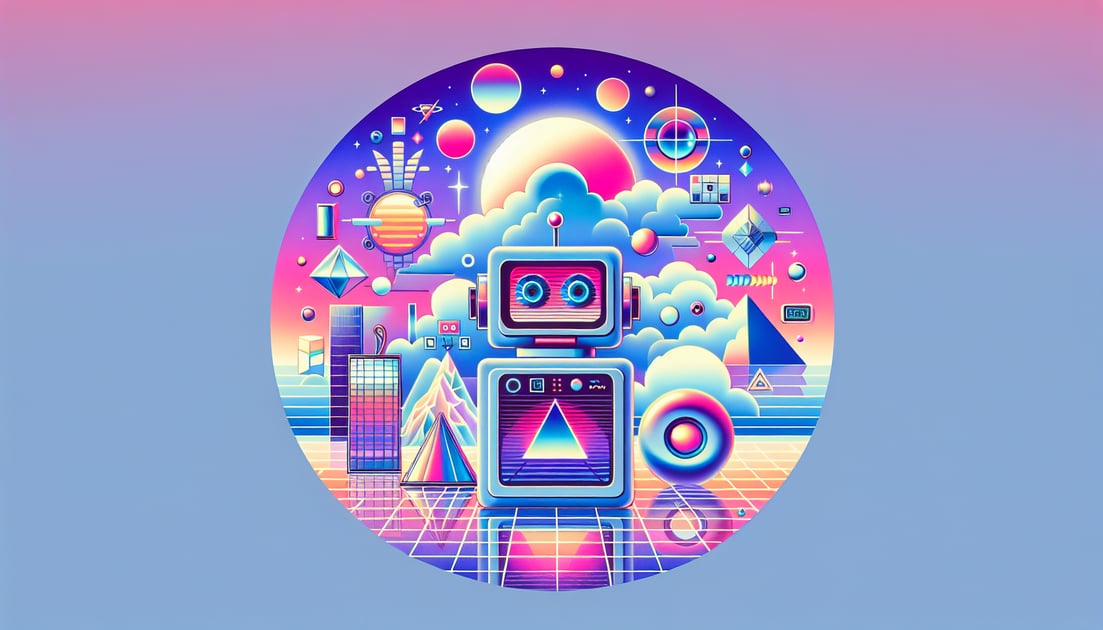
Exploring the Complex Landscape of Recent AI Technological and Ethical Challenges
Recent developments in artificial intelligence have shown both remarkable advancements and formidable challenges. The industry is rapidly evolving, with pivotal movements from major players like OpenAI, Elon Musk's endeavors, and significant legal and ethical concerns coming into the limelight.
Technological Advancements and Strides
OpenAI's Ongoing Innovations
OpenAI, a leader in AI technology, continues to push boundaries with its cutting-edge innovations. Their models and platforms, including the infamous ChatGPT, have set high standards in the AI community. These tools are not just transforming how businesses operate but are also reshaping educational paradigms and communication methodologies. The introduction of new features like 'Study Together' mode makes OpenAI's tools more interactive and beneficial for users across various sectors.
Elon Musk's Grok AI
Elon Musk's Grok AI has been a topic of intense discussion due to its advanced capabilities and the controversies surrounding its output, notably the antisemitic comments it produced. This incident has sparked debates about content moderation and the ethical responsibilities of AI developers to prevent such occurrences and ensure AI ethics are adhered to rigorously.
Ethical Dilemmas and Legal Challenges
OpenAI and Intellectual Property Concerns
Legal challenges concerning intellectual property (IP), such as the trademark disputes involving OpenAI, highlight the legal complexities of AI technology growth. How AI companies navigate these legalities reflects on their operational transparency and corporate governance.
AI's Role in Security and Employment
Security concerns related to AI are on the rise, with companies like OpenAI ramping up security measures to protect against espionage, reflecting the growing recognition of AI as a critical asset in national and corporate security. Furthermore, the role of AI in job displacements continues to be a point of contention, necessitating comprehensive strategies from global leaders to manage the workforce transitions smoothly.
Conclusion
The rapid expansion of AI capabilities brings immense potentials and significant risks, necessitating a balanced approach to technology development. As AI becomes more embedded in our daily lives, the industry must address these ethical challenges and equip users with the knowledge and tools to use AI responsibly. The journey of AI is far from straightforward, and continuous scrutiny and adaptation are essential to harness its benefits while mitigating adverse impacts.